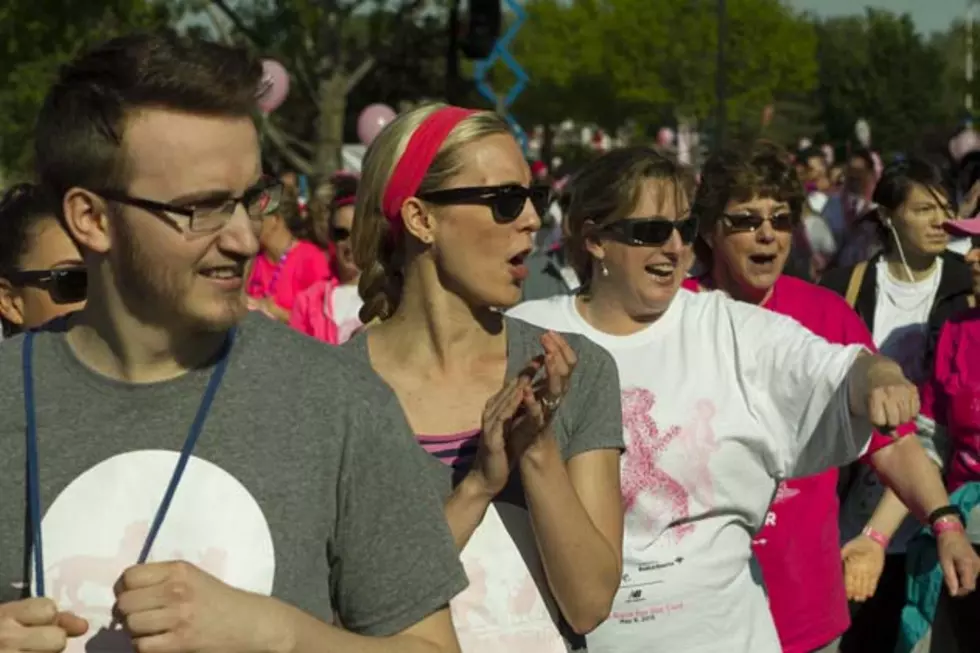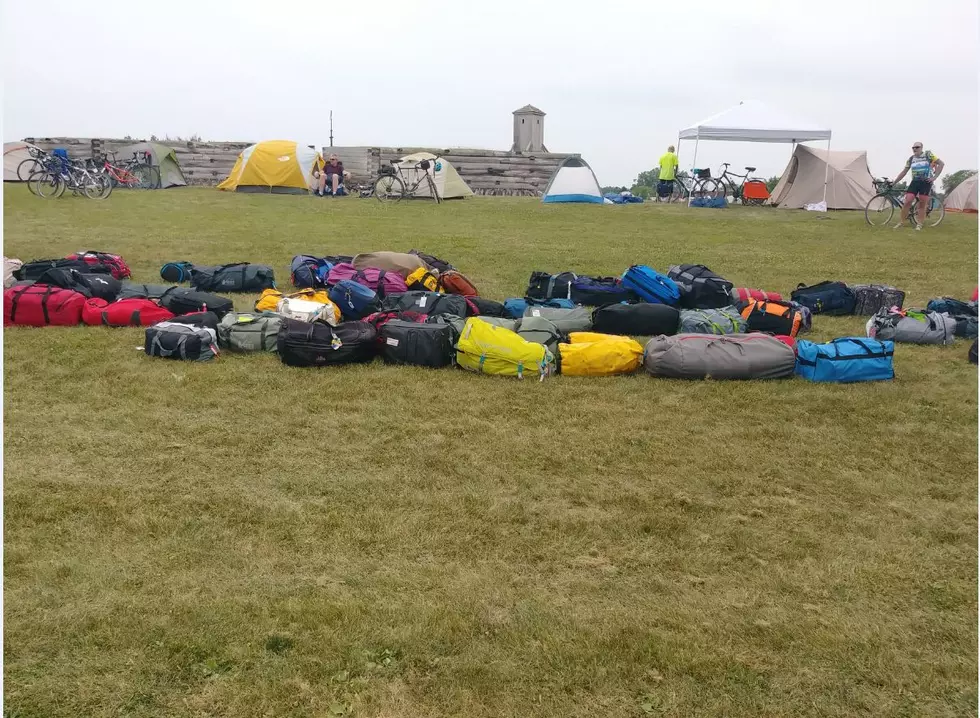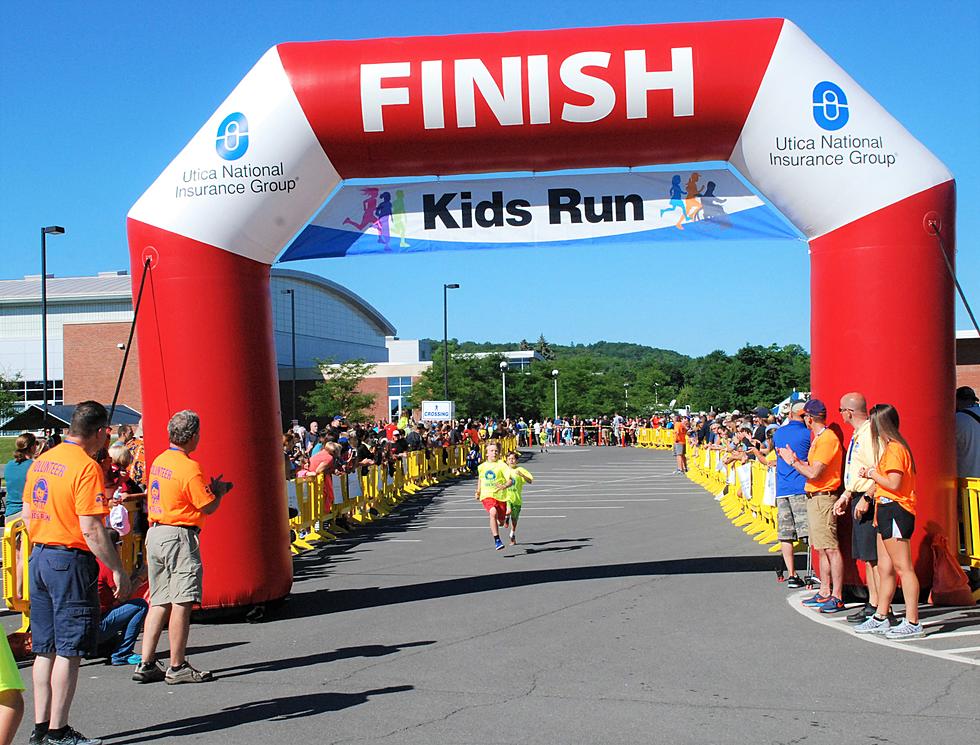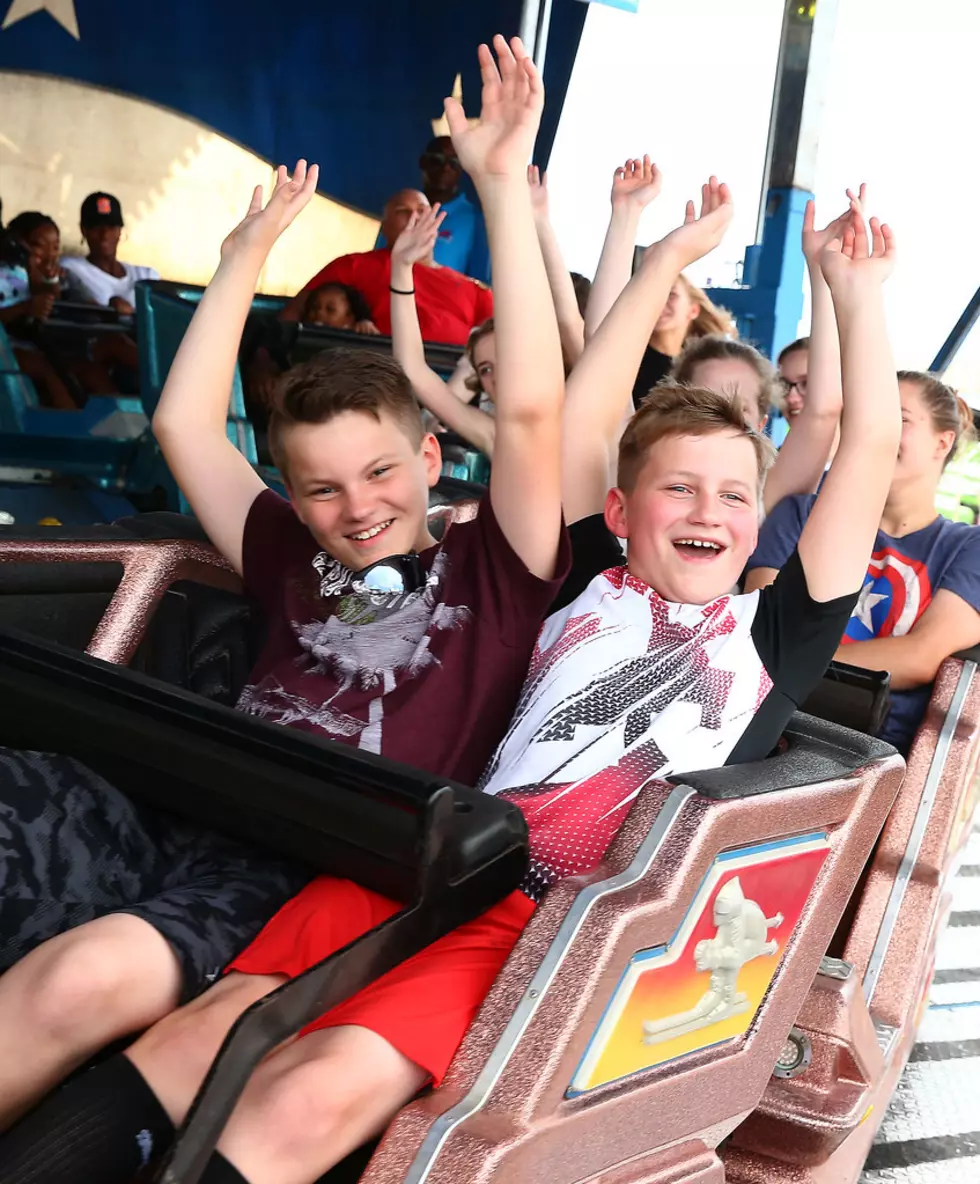
One In Ten People Have Sleep Apnea, Maybe You Too?
You may have heard the commercials about doctors wanting to treat people with sleep apnea and maybe you don't think you have it, but there is a chance that you do and you would never know it. 1 in 10 people suffer from obstructive sleep apnea (breathing stoppages while you sleep) and a whopping 80% of those cases go undetected and untreated obviously because we're not conscious while sleeping. It's scary to think of how often this silent killer does it's work and no one is ever the wiser.
What is obstructive sleep apnea?
As you're sleeping, your muscles relax and the back of your tongue and soft palate end up partially or fully obstructing your airway for greater than 10 seconds at a time. Depending on how many times this happens to you per hour, the severity level differs. Here's the breakdown...
- 0-5 events an hour - normal (you're not conisdered to have sleep apnea)
- 5-15 - mild
- 15-30 - moderate
- > 30 - severe (I was clocked at 37 events per hour: that's one every 90+ seconds!)
How do you tell if you have it?
Usually the way that this sleep disorder is discovered is by bed partner observing your episodes and also be aware, this condition is GENETIC. So, if any of your family members have it (my mother does), there is a chance that you or your kids or others do too, especially the male members. Here are some other warning signs and indicators that you might suffer from sleep apnea:
- Lack of energy, depression
- Morning headaches
- Excessive daytime drowsiness
- Overweight (BMI > 30)
- Nasal allergies, deviated septum
- Nighttime gasping or choking
- Loud snoring
- Acid reflux
- Restless legs
- Jerking awake while dozing
- Weakened sex drive or ED
What to do about it?
If you suspect that you have this condition, the only way to be sure is to schedule a sleep study (referred from your primary doctor) where they observe you in a clinic overnight while you sleep. Depending on how severe your condition is, you will then be presecibed a CPAP (air compressor) device that applies air pressure down your airway to keep the soft tissues from collapsing.
It may be inconvenient and uncomfortable at first to wear a mask at night to sleep, but considering the alternatives of a shortened lifespan from your heart working every night when it's supposed to be resting, or dying from absentmindedness or forgetfulness while operating potentially life-threatening machinery (like your car), the trade off is worth it. Don't delay in getting checked out and if you're already being treated, make sure that your children are checked out too.
More From 96.1 The Eagle









